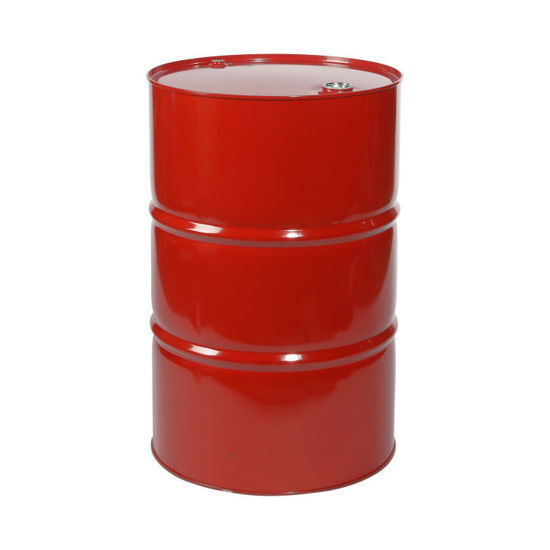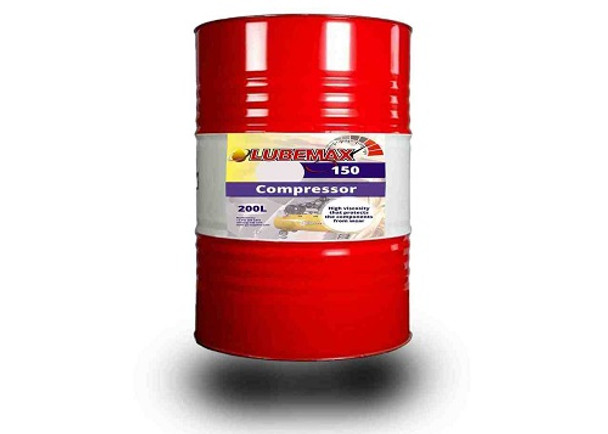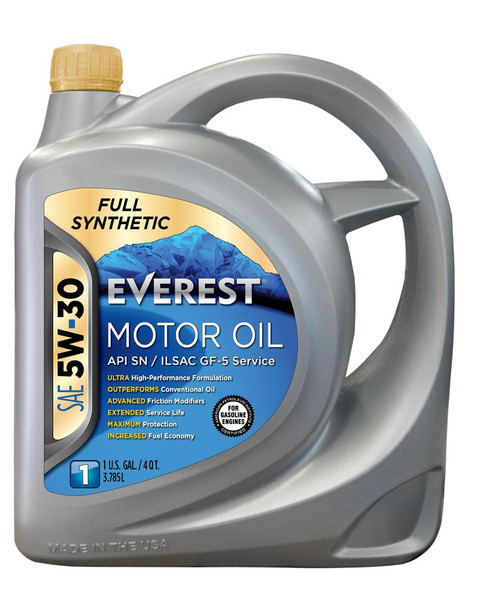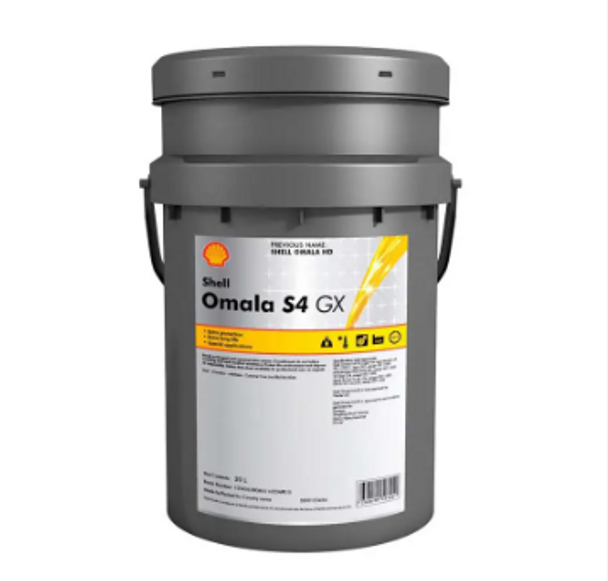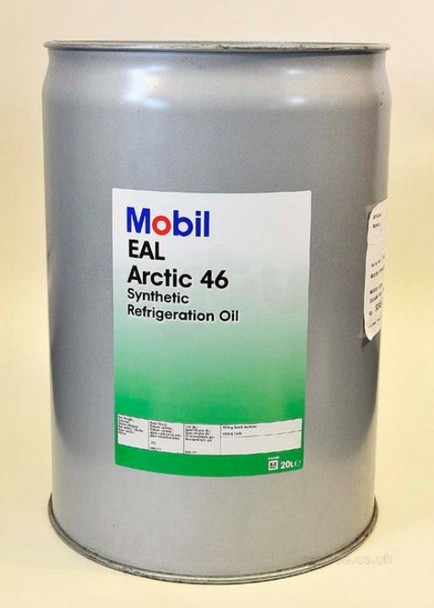The Essential Guide to Industrial Lubricants: Types and Applications
Introduction
The need for industrial lubricants in mechanical systems are essential because these specialized substances play a pivotal role in ensuring the seamless operation and longevity of various equipment. From manufacturing plants and automotive facilities to aerospace applications and energy production, industrial lubricants serve as silent guardians, reducing friction, dissipating heat, and preventing wear and tear.
As industries continue to advance, so does the demand for precision and efficiency. Industrial lubricants have become indispensable companions in this journey, enabling machinery to operate at peak performance levels. From hydraulic fluids and gear oils to specialty greases and compressor lubricants, each type serves a unique purpose, tailored to the specific demands of the equipment it lubricates. For example the LubeMax Industrial EP Gear Lubricants are premium formulations designed for many types of industrial bearing and gear applications operating in heavy duty and shock-loaded conditions like, chain drives, sprockets, plain and anti-friction bearings, slide guides, and flexible coupling joints as well as transmission gear cases in open pit and underground mining machinery.
Join us as we navigate through various industrial lubricants, uncovering the distinct characteristics of various types and shedding light on their indispensable roles in the machinery that powers the pulse of modern industries.
LubeMax Antifreeze/Coolant 50/50
LubeMax Coolant 50:50 (200L) is a ready-to-use, phosphate- and nitrite-free coolant that eliminates mixing errors. It provides superior corrosion protection for aluminium and cast iron engines while remaining environmentally safe. Hard water stable and multi-vehicle compatible, it ensures longer engine life and reduced maintenance costs.
Key Takeaway
-
Lubricants Reduce Wear & Tear – They minimize friction between moving parts, extending equipment lifespan and improving reliability.
-
Different Types for Different Needs – Oils, greases, solid lubricants, and synthetic options serve specific machinery and operating conditions.
-
Applications Drive Selection – Factors such as load, speed, temperature, and environment determine the right lubricant for each industrial use.
-
Improves Efficiency & Safety – Proper lubrication reduces energy consumption, prevents breakdowns, and ensures safer equipment operation.
Fundamentals of Industrial Lubricants
Industrial lubricants are substances that reduce friction, heat, and wear between moving parts in various industrial applications. They are usually derived from petroleum, synthetic, or bio-based sources, and can have different forms, such as oils, greases, pastes, or dry lubricants. Industrial lubricants play a vital role in the automotive, manufacturing, power generation, mining, and construction industries, where they act as a fluid layer, creating a film between surfaces that slide, rotate, or come into contact during the operation of machinery. This lubricating film minimizes friction, which, in turn, helps in preventing overheating and reducing energy consumption. Furthermore, lubricants contribute to the overall reliability and performance of industrial equipment.
The main function of industrial lubricants is first of all to reduce friction between surfaces that are in contact, such as gears, bearings, pistons, or valves. By doing so, they reduce the energy loss, noise, and vibration caused by friction. They also help to dissipate the heat generated by the movement of the parts, preventing overheating and thermal damage. Moreover, they prevent the wear and tear of the components, extending their service life and reducing maintenance costs. Some industrial lubricants also have other functions, such as sealing, cleaning, protecting, or transmitting forces.
Types of Industrial Lubricants
1. Hydraulic Fluids
Hydraulic fluids or hydraulic oil such as LubeMax Synthetic gear Lubricants ISO 32 finds application in a wide range of machinery, equipment, and industries. Additionally, hydraulic systems and components are employed in agriculture, construction, mining, steel production, shipbuilding, aviation, the aerospace industry, chemicals, medicine, food processing, environmental technology, and beyond.
LubeMax Compressor 150 200L
Applications of Industrial Lubricants in Hydraulic Systems
Gear Oils
- Gearbox Applications: Gear oils play a pivotal role in the smooth functioning of gearboxes across various applications. In industrial settings, gearboxes are omnipresent, powering conveyors, mixers, and a plethora of machinery. The application of suitable gear oils in these systems is essential to reduce friction, dissipate heat, and prevent wear and tear. The proper lubrication ensures optimal gearbox performance, extending the lifespan of gears and bearings.
- Selecting the Right Gear Oil: Choosing the right gear oil involves considering factors such as viscosity, load-bearing capacity, and environmental conditions. Different gear systems, whether helical, spur, or bevel gears, demand specific formulations to address their unique requirements. The selection process involves understanding the operating conditions, temperature range, and load capacity, ensuring that the chosen gear oil provides adequate protection and enhances the efficiency of the entire system.
Everest Motor Oil 5W-30 Full Synthetic 5Ltr
Learn more: Types of Industrial Gear oil for Heavy duty machine
2. Greases
- Specialty Greases for Specific Applications: Greases, with their semi-solid properties, find applications in situations where traditional oils may not be practical. Specialty greases are formulated to address specific challenges in diverse applications, ranging from extreme temperatures to heavy loads. Industries such as automotive, mining, and manufacturing often rely on specialized greases to ensure effective lubrication in demanding conditions. Our team of experts has put together a list of greases that can serve your industrial need.
- Lubrication Challenges and Solutions: Greases are particularly effective in situations where maintaining a consistent lubricating film is challenging. They adhere well to surfaces, providing prolonged protection against friction and corrosion. Lubrication challenges, such as water exposure or high temperatures, can be addressed through the selection of greases with specific additives. Proper application and re-greasing schedules are essential to overcoming challenges and ensuring the longevity of components.
Shell Omala S4 GX Industrial Gear Oil
3. Compressor Lubricants
- Compressor lubricants play a crucial role in the functioning of air and gas compressors. These lubricants not only reduce friction and wear in compressor components but also contribute to heat dissipation. In environments where compressors operate continuously, the choice of compressor lubricant becomes paramount in preventing premature wear, optimizing efficiency, and minimizing downtime.
- Considerations for Compressor Lubrication: Factors such as compressor type, operating conditions, and the presence of contaminants influence the selection of compressor lubricants. Rotary screw compressors, reciprocating compressors, and centrifugal compressors have distinct lubrication requirements. Regular monitoring of lubricant quality, viscosity, and the implementation of proper maintenance practices are essential considerations for effective compressor lubrication.
LubeMax Diesel Engine Oil 15W-40, API CJ-4
4. Specialty Lubricants
- High-Temperature Lubricants: Industries operating under high-temperature conditions, such as metal processing, rely on high-temperature lubricants. These specialty lubricants are formulated to withstand extreme heat, ensuring proper lubrication and protection in environments where conventional lubricants would break down.
- Food-Grade Lubricants: In industries such as food processing and pharmaceuticals, where machinery comes into direct contact with consumables, the use of food-grade lubricants is imperative. These lubricants meet stringent safety and hygiene standards, preventing contamination while providing effective lubrication in equipment used in the production and packaging of food and pharmaceutical products.
MOBIL EAL ARCTIC 46 SYNTHETIC COMPRESSOR OIL 20 LITERS
Best Practices and Considerations when using industrial lubricants
- Routine Inspection and Monitoring: Regular inspections of machinery to assess lubricant condition, levels, and potential contaminants are fundamental. Utilizing condition monitoring technologies, such as oil analysis, vibration analysis, and thermography, can provide valuable insights into the health of the lubricant and the equipment.
- Appropriate Lubricant Selection: Choosing the right lubricant for specific applications is paramount. Factors such as operating conditions, temperature ranges, load capacities, and compatibility with equipment materials should be considered. Collaborating with lubricant suppliers and manufacturers can aid in selecting the most suitable products for diverse machinery.
- Proper Lubrication Interval and Quantity: Establishing and adhering to a regular lubrication schedule is crucial. Over-lubrication or under-lubrication can both lead to adverse effects on machinery. Calculating the right quantity of lubricant and adhering to recommended intervals contribute to effective lubrication maintenance.
- Training and Skill Development: Ensuring that maintenance personnel are well-trained in lubrication practices is essential. This includes understanding lubrication fundamentals, proper application methods, and the interpretation of monitoring data. A knowledgeable workforce contributes to the overall effectiveness of lubrication maintenance.
- Storage Conditions: Lubricants should be stored in a clean, cool, and dry environment to prevent degradation. Exposure to extreme temperatures, humidity, or direct sunlight should be avoided to maintain the lubricant's stability and effectiveness.
- Container Integrity: Lubricants should be stored in sealed containers to prevent the ingress of contaminants. Regular inspections of containers for leaks or damage are essential to ensure the purity of the lubricant during storage.
- Contamination Prevention: Implementing strict cleanliness measures during the handling and transfer of lubricants is vital. Using clean equipment, hoses, and funnels, as well as ensuring a dust-free environment, minimizes the risk of introducing contaminants into the lubrication system.
Shell Helix HX3 20W-50 1L
Frequently Asked Questions
1. What are the main types of industrial lubricants?
Industrial lubricants include oils, greases, solid lubricants (like graphite), and synthetic lubricants. Each type serves different machinery needs depending on load, speed, and operating conditions.
2. How do I choose the right lubricant for my equipment?
Selection depends on factors such as temperature, pressure, speed, environment (wet, dusty, or corrosive), and manufacturer recommendations. The wrong lubricant can cause wear, overheating, or failure.
3. Why are industrial lubricants so important?
They reduce friction, prevent wear, protect against corrosion, and improve efficiency by ensuring machines operate smoothly, reducing downtime and maintenance costs.
4. How often should lubricants be replaced or checked?
This varies by equipment type and usage. However, regular inspections of viscosity, contamination, and lubrication intervals are crucial. Many industries follow preventive maintenance schedules to avoid breakdowns.
5. Can one lubricant be used for all industrial applications?
No. Each application requires a specific lubricant. For example, high-temperature machinery may need synthetic oils, while heavy-load equipment benefits more from greases. Using the wrong type reduces performance and damages equipment.
Related Articles
Choosing the Right Lubricant: A Guide for Various Industrial Applications
Types of Industrial Gear oil for Heavy duty machine
Everest Oil Products: Benefits, Applications, and Where to Buy in Nigeria
Conclusion
The role of industrial lubricants is increasingly vital in ensuring optimal performance, reducing wear and tear, and ultimately prolonging the life of machinery and equipment. Whether navigating the diverse applications in hydraulic systems, gearbox operations, or specialized lubrication scenarios, this guide sheds light on the considerations for effective lubricant selection and application.
With our current understanding of gear oils, greases, compressor lubricants, and specialty lubricants, we have uncovered the tailored solutions that each type of these industrial lubricants offer across diverse industries.
Contact us for more enquiries on Industrial lubricants and their applications.


